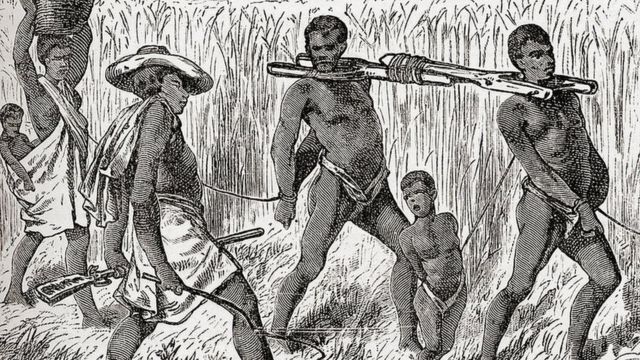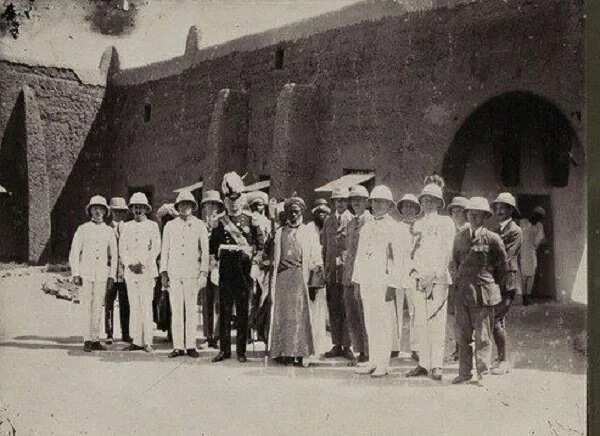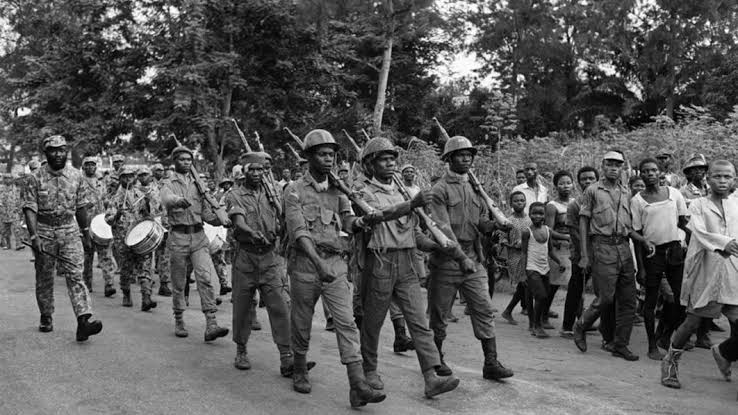Nigeria is a country located in West Africa. It came into existence in 1914 when the British protectorates of Southern and Northern Nigeria were joined. Being the most populous country in Africa, Nigeria is referred to as the “Giant of Africa”, having six geopolitical zones and thirty-six states. Hundreds of languages are spoken in Nigeria, they include Yoruba, Hausa, Ibibio, Tiv, Igbo, Fulani, Edo, Efik, etc. The official language of Nigeria is English. The country exited British rule and gained Independence on the first of October, 1960.
Far back before colonialism, Nigeria has been inhabited by people of different clans and tribes over the years, they were known as Empires. They had their system of government, sources of income, religions, and different artistic works. Nok, Benin, and Igbo Ukwu have the most discovered works of art made with brass, bronze, and terracotta. Examples of centralized empires existing before the 19th century until date are Kanem-Bornu, Oyo, Benin, Igbo, and the Hausa Fulani empire.
Nigerian Religions

The Religions practiced in the past were the traditional religions common to specific tribes and empires. The Religion of Islam was brought into Nigeria in the 11th Century through the Muslim traders and the economic activities via the Sahara desert, it became widespread in the 18th century by Usman Dan Fodio. He introduced it to the Hausa Fulani who inhabits the northern part of Nigeria before later spreading across Nigeria. The Portuguese introduced Christianity to Nigeria in the 15th Century through Augustinian and Capuchin Monks.
How Colonialism started

Before Colonialism was the slave trade. After the Portuguese brought Christianity in the 15th century, European slave traders arrived in the region to purchase Africans as slaves, using the Atlantic Ocean as the means of transport. The first Nigerian slave trade port was located in Badagry. The Local merchants and wealthy chiefs were the ones who enslaved people and sold them out to the Europeans. This escalated conflicts between the regions and caused several wars. After the slave trade was eradicated, the Europeans still traded in Lagos. It was occupied in 1851 and was annexed as part of their colonial territories in 1865. Other groups and subgroups were subsequently colonized by the British until 1901.
The amalgamation of Nigeria, Nationalism, and Independence

In 1914, Lord Frederick Lugard amalgamated the Northern and Southern protectorates forming Nigeria into a single entity. Exploitation, forced labor, and hardship continued in Nigeria until the nationalists decided to act. Some of the nationalists are Herbert Macaulay, Obafemi Awolowo, Tafawa Balewa, Nnamdi Azikiwe, General Muritala Muhammed, and Ahmadu Bello among others. They worked hard and ensured we got our independence from British rule, which finally became successful on October 1st, 1960. To date, the day will forever be memorable in Nigerian History.
Also Read: Can You Score 7/7 In This ‘Independence Day’ Quiz?














